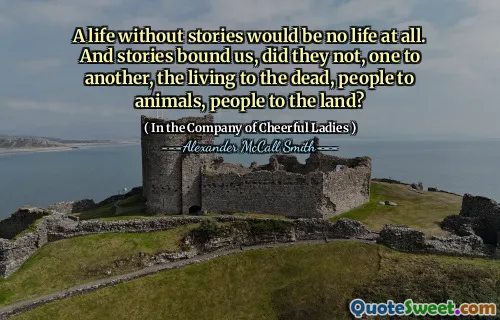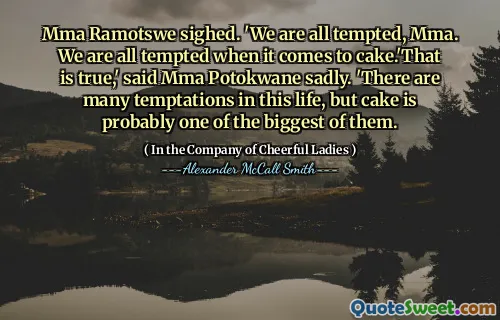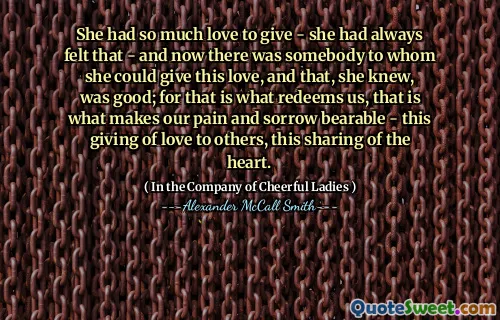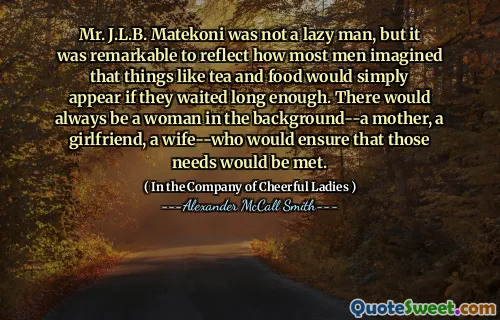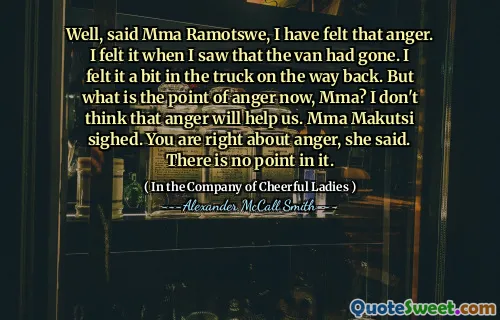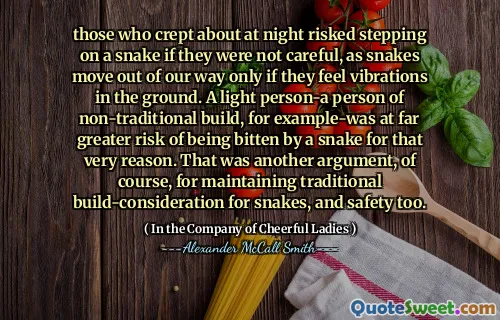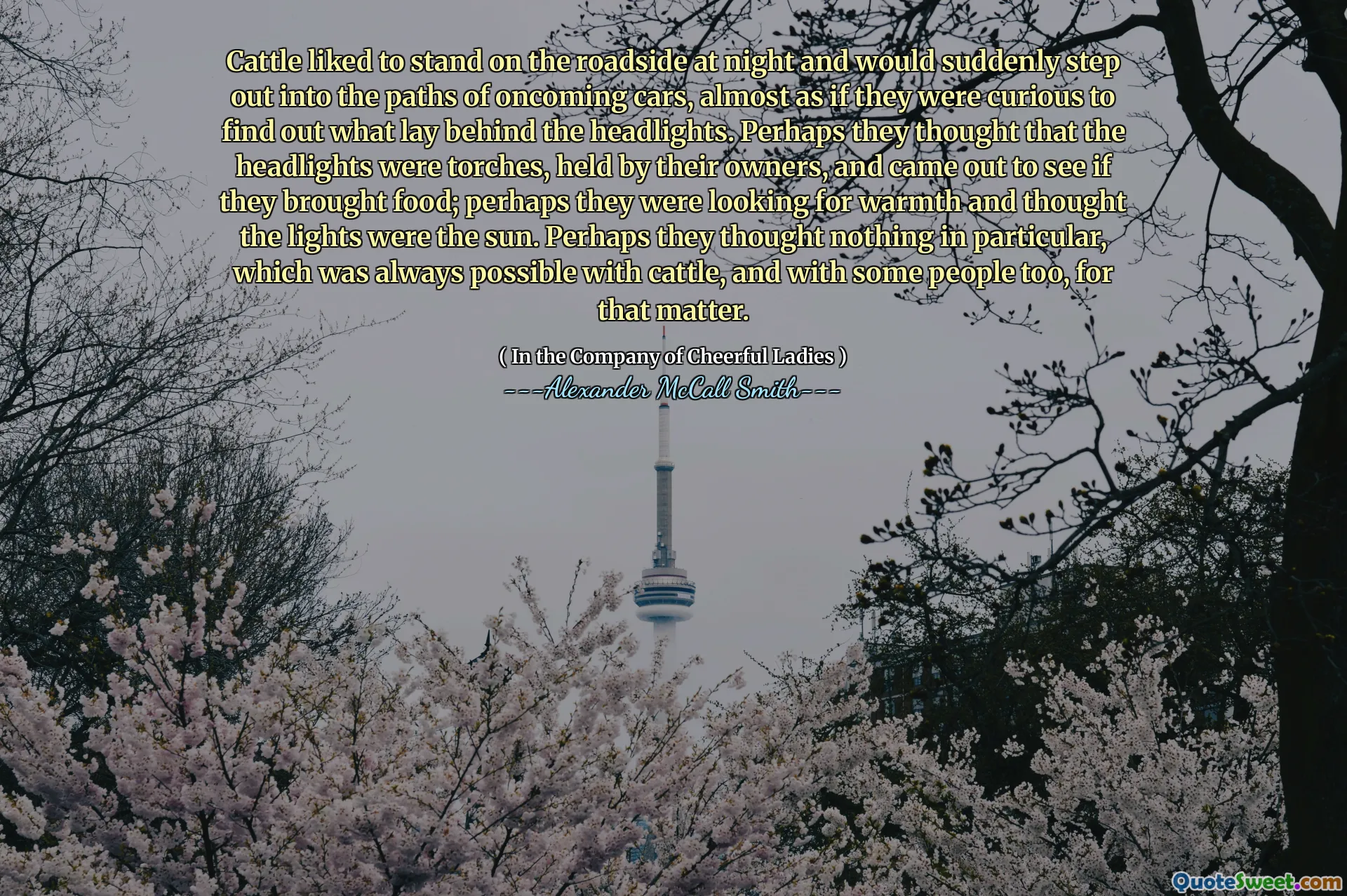
Cattle liked to stand on the roadside at night and would suddenly step out into the paths of oncoming cars, almost as if they were curious to find out what lay behind the headlights. Perhaps they thought that the headlights were torches, held by their owners, and came out to see if they brought food; perhaps they were looking for warmth and thought the lights were the sun. Perhaps they thought nothing in particular, which was always possible with cattle, and with some people too, for that matter.
Cattle often stood by the roadside at night, unexpectedly stepping into the way of approaching vehicles. This behavior seemed almost curious, as if the animals were intrigued by the bright headlights. Their actions might have been motivated by various interpretations, thinking the lights represented food, warmth, or perhaps nothing in particular. Such curiosity isn't limited to animals; it can apply to people as well, highlighting the unpredictable nature of both cattle and humans.
The analogy draws a parallel between cattle's spontaneous actions and human behavior, suggesting that, like the cattle, people can sometimes act without clear reason or purpose. This reflection underscores the idea that curiosity is a fundamental trait in living beings, whether they be livestock or humans, and the mystery of understanding their motivations remains a shared trait across species.
